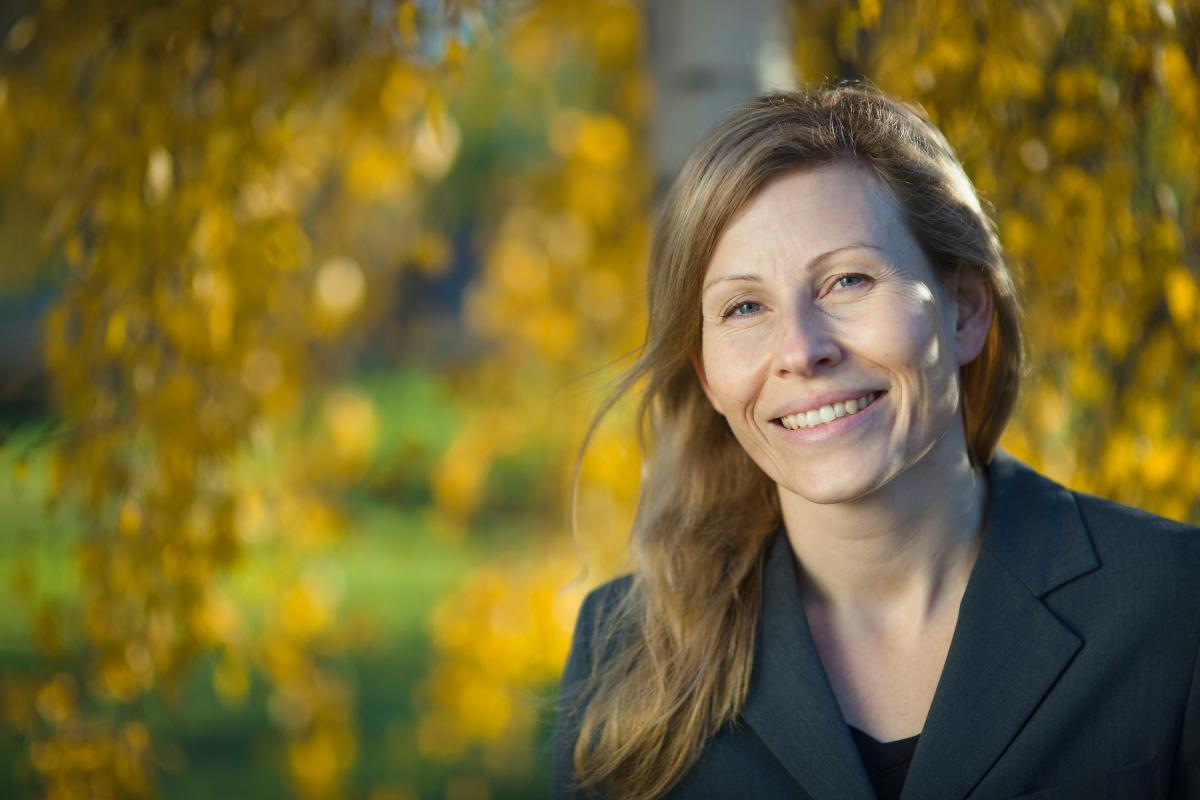Kristina Sehlin Macneil, we are pleased to have you join the MinErAL Network. Could you please tell us what are your main research interests and areas of expertise?
I am thrilled to join the MinErAL Network as its focus is much in line with my own research interests. I first came in contact with the field of Indigenous research through my studies and my work in the field of peace and conflict. Growing up, I was always a restless soul, happiest when travelling and consequentially I lived in many places. Among them Ireland, the US, Finland and Australia. In Finland I worked at the Åland Islands Peace Institute where I was also inspired to conduct further studies - first a Master of Conflict Management in Australia, where I wrote my master’s thesis as a comparison between traditional conflict management methods used by First Australians and Forest Sámi in northern Sweden. My interest for these topics grew and I later on completed a PhD in ethnology, exploring conflicts and power relations between Indigenous peoples and extractive industries in Sweden and Australia.
Could you please tell us more about your current projects and your (Indigenous) partners?
The two projects I am currently involved in are Lateral violence: Effects of external pressures on Indigenous and local communities, which explores the underlying causes of intragroup conflict and violence in Sámi and local communities. It is a four-year research project which I am currently only starting up. My colleague and I are also in the final year of our project Damage Done: Indigenous people’s experiences of and recommendations for energy production, which looks at historical and contemporary aspects of communication and CSR when energy production takes place on Indigenous lands in Sápmi and Australia. In my research I collaborate with Sámiid Riikkasearvi (the Sámi interest organisation for reindeer herding in Sweden) and various reindeer herding Sámi communities as well as Sámi organizations. I also collaborate closely with Australian colleagues and remain in contact with the Adnyamathanha community in South Australia - with the hope of taking up fieldwork with them once the pandemic makes travel to Australia possible again. I also look forward opportunities of building closer connections with Canadian partners that I have been in touch with over the years.
What outcomes do you expect from your collaboration with the MinErAL Network?
As I am not sure exactly what to expect yet - it is a bit of a tough question to answer - but I am nevertheless certain that this collaboration will be a very positive experience! I very much look forward to extending my networks with Canadian and international colleagues involved in MinErAL - I look forward to fruitful discussions and exchanges of expertise and experience and to contributing to the network in the ways that I can.


